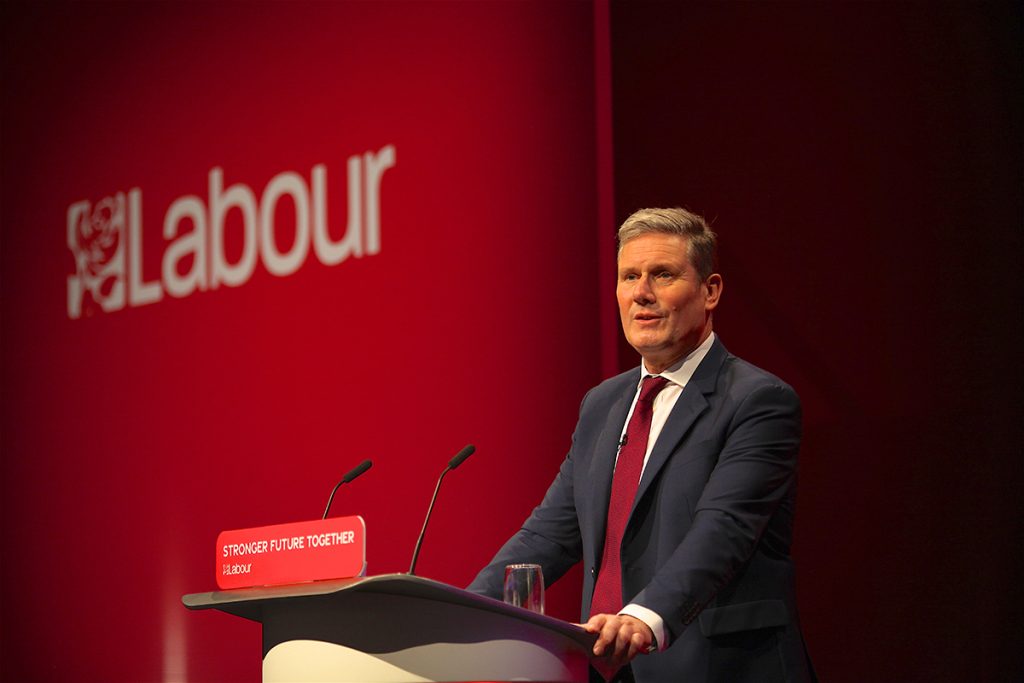In a sweeping change that has reset the political landscape of the United Kingdom, Keir Starmer has assumed the role of Prime Minister following a landslide victory for the Labour Party. This momentous win marks a significant shift after over a decade of Conservative rule, promising a new era of governance committed to national renewal and public service.
The Labour Party’s resounding success in the recent elections secured 410 seats in the 650-seat House of Commons, significantly diminishing the Conservative’s hold, which plummeted to 118 seats. This electoral outcome not only signals a major triumph for Labour but also sets the stage for substantial challenges ahead, as the new government must address the concerns of a weary electorate amid ongoing economic and social turmoil.
The change in government comes at a time when Britain has been grappling with a series of crises—economic instability triggered by Brexit, the lingering impacts of the COVID-19 pandemic, and a series of political scandals that have eroded public trust. The previous government’s handling of these issues, including lockdown-breaching parties and economic missteps, has left many voters disillusioned and longing for a fresh start.
Keir Starmer, stepping into leadership amid these turbulent times, has pledged to rebuild the nation “brick by brick,” focusing on the “infrastructure of opportunity” to restore faith in the government’s ability to serve the public good. His promise of initiating change resonates with a population eager for stability and accountability in leadership.
The electoral defeat dealt a severe blow to the Conservatives, with Rishi Sunak acknowledging the electorate’s dissatisfaction and taking responsibility for the party’s poor performance. This historic defeat, the worst in the party’s two-century history, has left the Conservatives depleted and triggered an imminent leadership contest.
Adding to the complexity of the new political era are the gains made by smaller parties, indicating a more fractured and ideologically diverse Parliament. The Liberal Democrats and Reform UK have made significant inroads, with the latter securing a parliamentary seat for its leader, Nigel Farage, on his eighth attempt. This shift suggests a volatile public mood and a growing appetite for varying political narratives beyond the traditional two-party dominance.
Labour’s campaign strategy, which avoided high-risk promises and focused on achievable goals such as economic growth and making Britain a “clean energy superpower,” garnered broad support. This approach not only resonated with the electorate but also secured endorsements from sections of the business community and media outlets that traditionally leaned conservative.
The road ahead for Starmer and his administration is fraught with challenges. The community, including places like Henley-on-Thames which traditionally supported Conservatives but shifted allegiance this election, reflects a national desire for change. However, as noted by voters and observers alike, whoever leads will face a daunting task in steering the country towards recovery and growth.
As Britain turns a new leaf under Keir Starmer’s leadership, the focus is on healing and rebuilding—a task that will require not just political acumen but a deep commitment to the principles of service and transparency that the new Prime Minister has vowed to uphold. The nation watches with cautious optimism, hoping that this change marks the beginning of a stable, progressive governance that can navigate the complexities of modern Britain.


